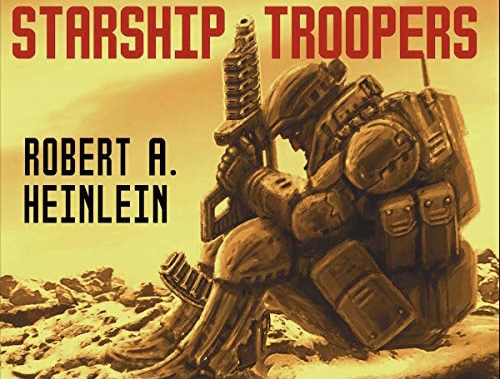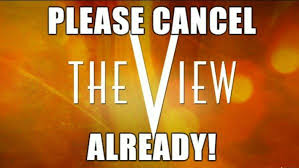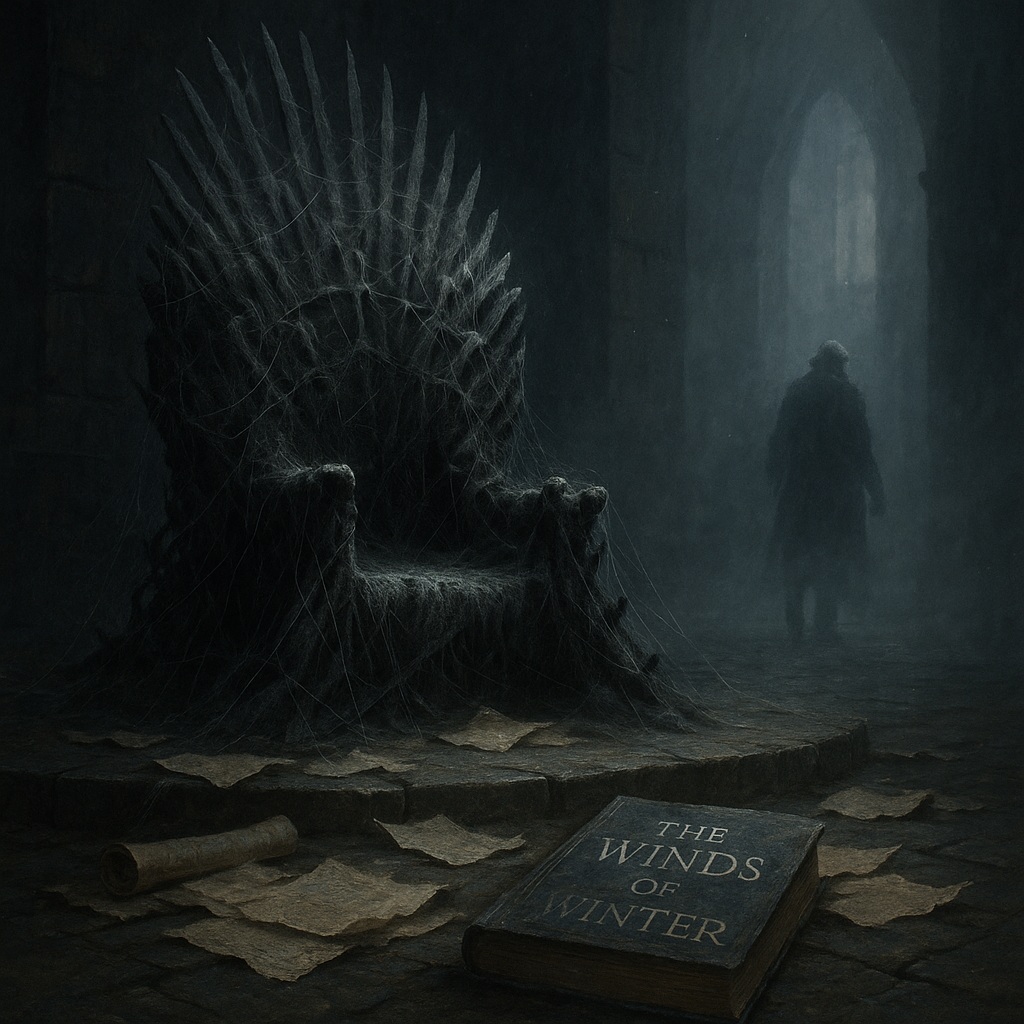Exploring the Galactic Battlefield: Robert Heinlein’s “Starship Troopers””
Robert Heinlein’s “Starship Troopers” is a classic science fiction novel that has left an indelible mark on the genre. Published in 1959, the book not only takes readers on an interstellar journey but also delves into complex themes such as citizenship, duty, and the morality of war. In this blog post, we’ll embark on a literary exploration of “Starship Troopers,” examining its significance, impact, and enduring relevance
Setting the Scene and Making it Believable
Set in a future where Earth has expanded its reach to distant planets, “Starship Troopers” introduces readers to a world locked in an interstellar war with a hostile insectoid species known as the Arachnids, or “Bugs.” The narrative unfolds through the eyes of Juan “Johnny” Rico, a young recruit who enlists in the Mobile Infantry to defend humanity against the relentless Bug onslaught.
Themes of Citizenship and Duty in Starship Troopers
One of the novel’s central themes is the concept of citizenship and the obligations that come with it. Heinlein presents a society where full citizenship is earned through military service, emphasizing the idea that the right to vote and influence government decisions is directly tied to an individual’s willingness to sacrifice for the greater good. This notion sparks contemplation on the nature of civic duty and the responsibilities that come with participating in a democratic society.
Moral Complexity of Warfare in Starship Troopers
“Starship Troopers” doesn’t shy away from the harsh realities of war. Heinlein explores the moral complexity of military service, portraying the toll it takes on individuals physically, mentally, and emotionally. The novel prompts readers to reflect on the costs of conflict and the ethical considerations that arise in the face of an existential threat.
Critique of Militarism or An Endorsement?
While Starship Troopers is commonly associated with its prominent military focus, it can also be interpreted as a thought-provoking critique of militarism. Heinlein’s portrayal of a society in which military service becomes the ultimate criterion for citizenship invites readers to ponder the potential consequences of burdening a single institution with such immense responsibility, while simultaneously rewarding public military service with citizenship. The novel challenges readers to contemplate alternative approaches to governance and the inherent dangers of a society excessively reliant on the military-industrial complex. By delving into these themes, Starship Troopers prompts us to reflect on the complexities of militarism and its impact on society at large.
Adaptations of Starship Troopers
Heinlein’s “Starship Troopers” has had a lasting impact on science fiction, influencing subsequent works and sparking discussions on themes of governance, citizenship, and war. The novel has been adapted into various forms, including a controversial 1997 film by Paul Verhoeven. While the movie took liberties with the source material, it reignited interest in Heinlein’s work and prompted renewed discussions about the novel’s themes.
Heinlein’s Legacy
While we have already reviewed another of Heinlein’s books, “The Cat Who Walked Through Walls,” “Starship Troopers” stands alone as a thought-provoking exploration of citizenship, duty, and the moral complexities of warfare. Heinlein’s narrative challenges readers to contemplate the military’s role in society and to reflect on the sacrifices and responsibilities associated with defending freedom. As we embark on a journey through the galactic battlefield of “Starship Troopers,” we continually unveil layers of meaning and relevance that elevate this classic to a timeless contribution in the realm of science fiction literature.




